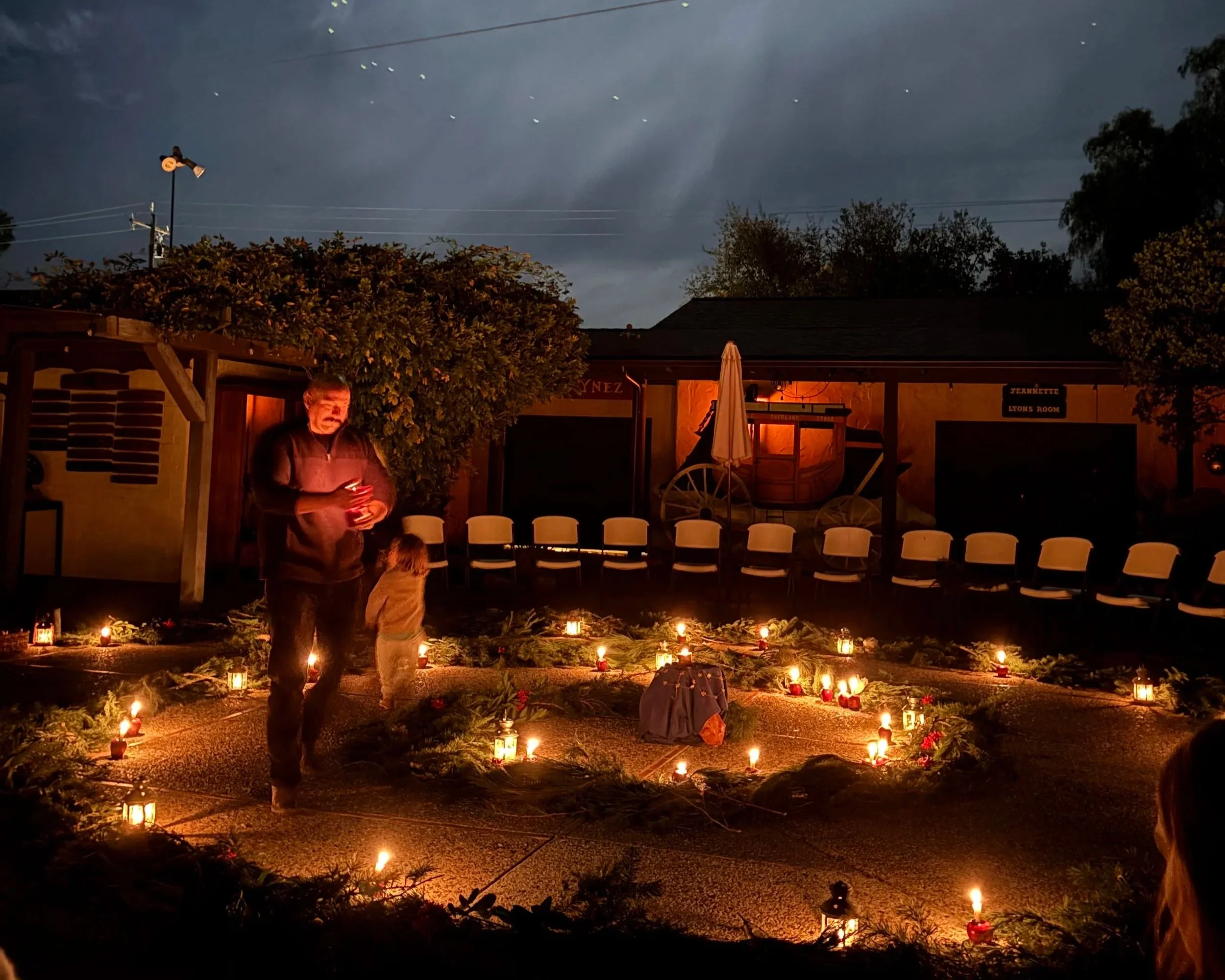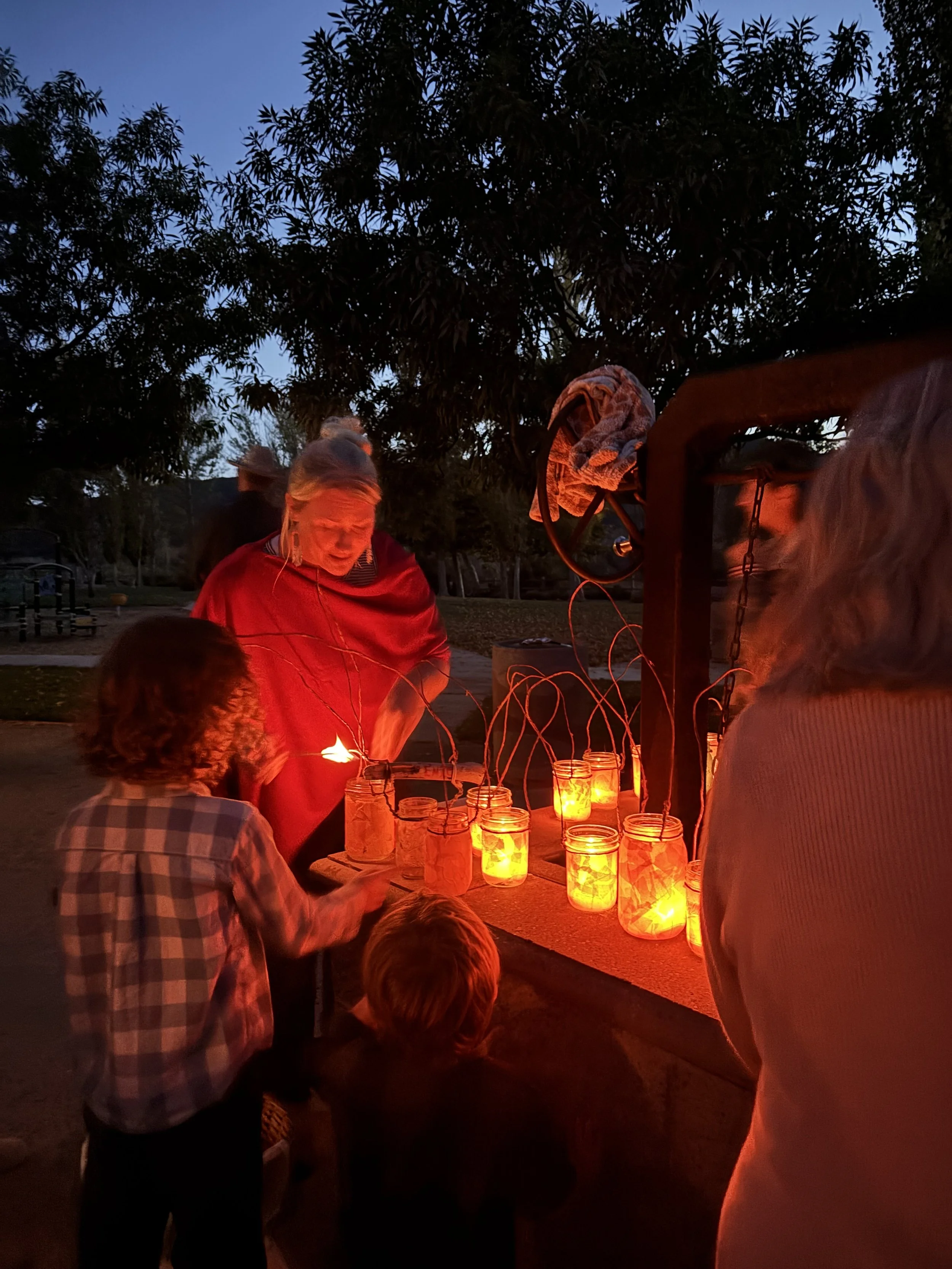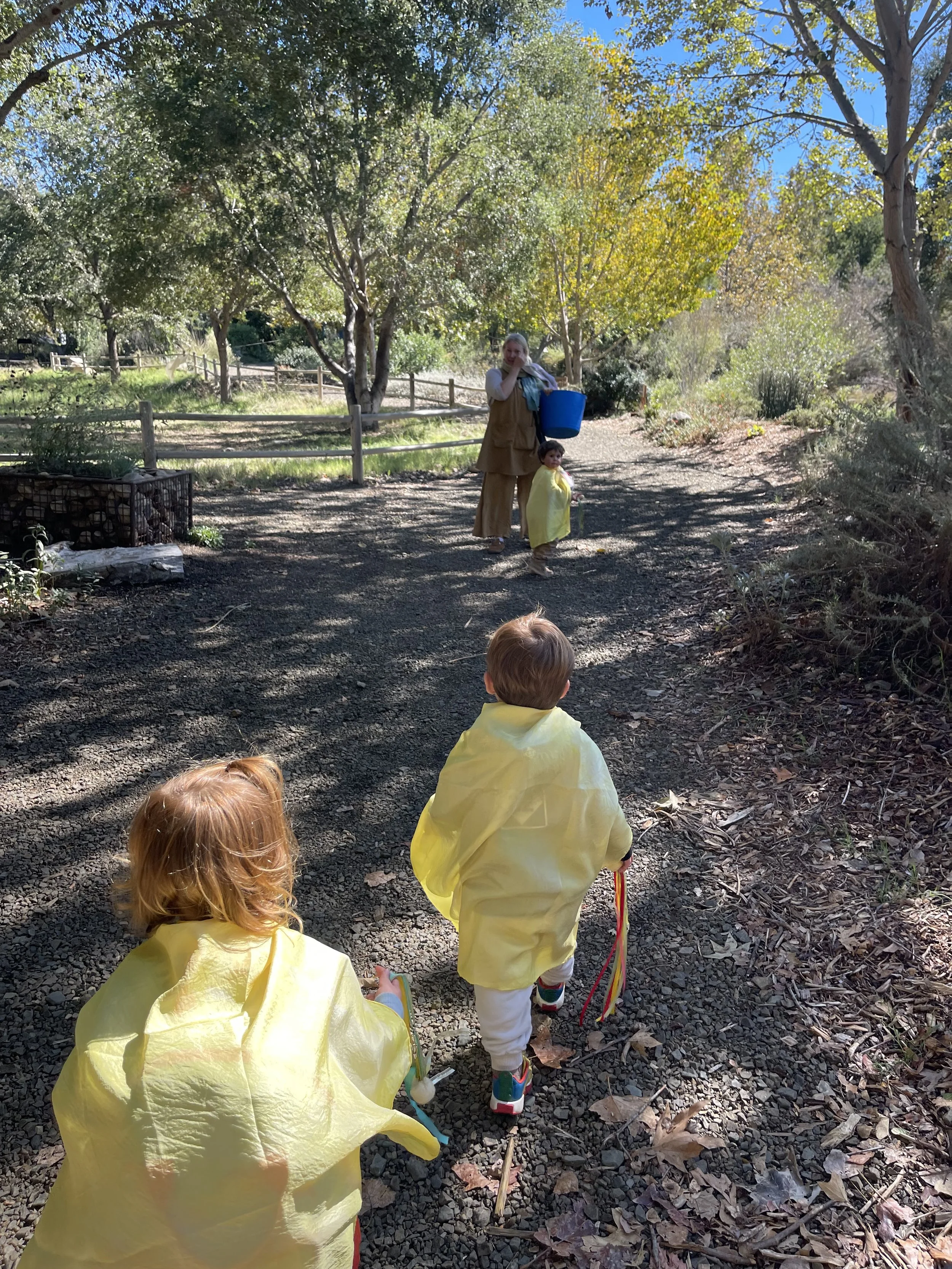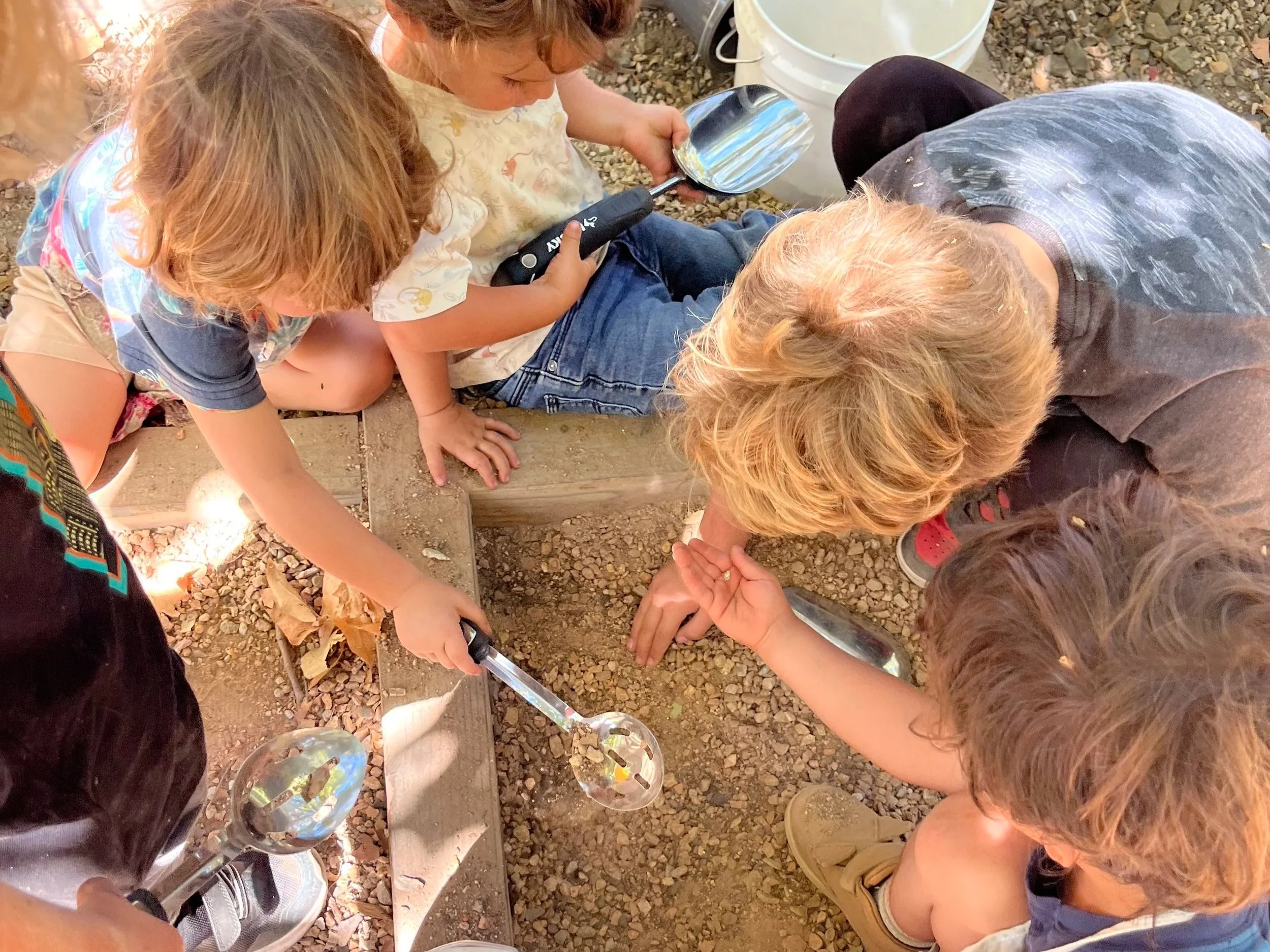Waldorf Education & Neuroscience
Science and research continue to affirm what Waldorf education has known for over a century: when we honor the natural stages of child development and nurture the whole child—head, heart, and hands—we support optimal brain development, creativity, emotional resilience, and a lifelong love of learning which leads to long-term academic success.
Waldorf education aligns beautifully with neuro-scientific principles through its focus on holistic, developmentally appropriate learning, imaginative play, and connection with nature. This intentional approach supports the child’s sensory, emotional, and thinking capacities while, at the same time, respecting how the brain develops in childhood.
Waldorf recognizes that the brain matures in stages. By integrating movement, music, art, and hands-on learning with academics, children engage multiple areas of the brain without being overwhelmed too early. This builds a strong neural foundation for future learning.
Free, imaginative play is central in the early years. Neuroscience shows that unstructured play strengthens creativity, problem-solving, emotional regulation, and motivation—skills that far outweigh early academic pressure.
Regular time outdoors in all seasons helps calm the nervous system, supports sensory integration, and inspires a sense of awe and connection. Studies affirm that nature experiences promote brain development and emotional regulation.
Rather than pushing academics early, Waldorf introduces subjects when children are ready—emotionally, socially, and cognitively. This respectful approach allows learning to be joyful, meaningful, and deeply retained.
Waldorf understands the adolescent brain’s hunger for purpose, creativity, and independence. The curriculum in the upper grades meets teens with real-world challenges, meaningful questions, and opportunities for self-expression and leadership.
By nurturing the whole child and creating a sense of rhythm, purpose, and inner security, Waldorf education lays the groundwork for resilience, empathy, confidence, and the capacity to thrive in a complex world.
About the Author: Chinyelu Kunz
Chinyelu Kunz is a Waldorf-trained early childhood expert, parenting expert, Mom of 3, Joint Head at Hundred Hills School, and founder of We Nurture Collective.
She is the author of The Little Book of Parenting and her latest book, Away to Dreamland.
















